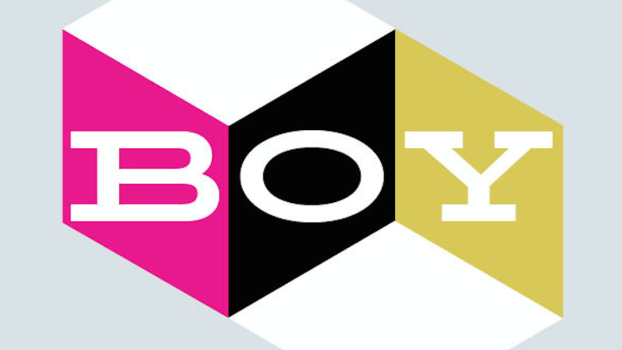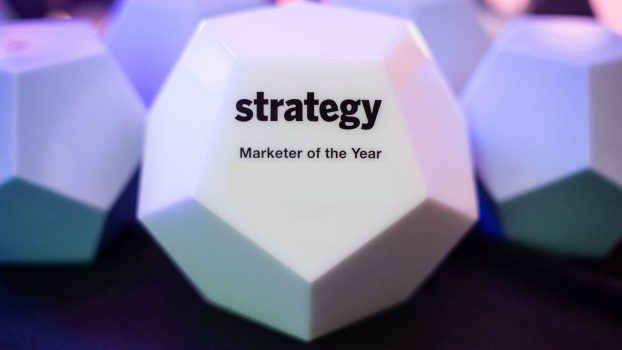Back in 2018, the makers of plant-based nugget brand Nuggs in the U.S. struck a manufacturing partnership with McCain Foods, the Canadian-born leader in frozen potato products.
McCain liked the brand’s story so much that it led Nuggs’ Series A round of financing, eventually helping it grow from a DTC startup into a business with a presence in more than 4,000 U.S. retail stores and a large following of young climate-friendly eating consumers.
Last month, McCain brought Nuggs to Canada. In addition to being McCain’s home market, the company felt the expansion was a natural fit given that market and category dynamics are similar on both sides of the border and that many Canadians were already following the brand on social, says Joseph Schirripa, VP corporate development and strategy at McCain.
He estimates Nuggs are now available at more than 70% of Sobeys and Loblaws stores, as the brand sees “really great momentum with velocities and consumer feedback.”
The partnership with Nuggs’ parent co. Simulate reveals a great deal about McCain’s current investment strategy, according to Schirripa, who adds that it aligns with the company’s broader growth strategy in Canada and abroad.
“There’s a bunch of food companies that have either a venture arm or have clear funds allocated for long-term investments in other non-core companies or non-core initiatives,” he says. “The way we see it is – I wouldn’t say opportunistically – but we look at each opportunity that comes across our desk and how it fits within our strategy.”
Nuggs ticked the right boxes in that it fits within McCain’s diversification strategy – either through direct ownership or other forms of investments – and sits within the better-for-you, plant-forward category, which also happens to align with the company’s sustainability goals.
“Sustainability is so ingrained in every decision we make at the organization that this partnership generally is aligned with the sustainability priorities and strengthens our role as a partner to food and farming technology entrepreneurs,” Schirripa says. “Every opportunity that we look at has sustainability as a clear criteria.”
In the area of sustainable food and farming, McCain has also invested in TruLeaf, a provider of pesticide-free vertical farming of leafy greens, as well as Resson, a company that offers predictive data analytics for agriculture – both of which are based in Canada. More recently, in February, it acquired “significant minority share” in New Brunswick-based Fiddlehead Technology, which helps food and beverage manufacturers optimize their operations using advanced analytics.
“We were one of [Fiddlehead’s] customers and we saw a great opportunity to invest just given how important… data and predictive analytics were to providing a map and helpful real-time feedback to navigate the pandemic,” Schirripa says.
But beyond aligning with its planet-friendly investment strategy, McCain also wants to leverage Simulate’s unique approach to product development.
The company takes an iterative approach typically seen in software development, regularly tweaking the product formula based on feedback from consumers. The brand’s Silicon Valley ethos is captured on its website, where it lists “release notes” describing the changes that were made to each version of the product.
Early on, the brand’s approach posed a number of manufacturing and distribution challenges, though Schirripa expects the number of new iterations to slow now that Nuggs has refined its product and started to build its brand.
And these challenges, he adds, are actually part of McCain’s investment decisions, because they can help the company learn how to be more agile.
“Part of the reason we invest in some of these companies is we get an inside look at how we can learn to be a bit more agile, be a bit more innovative in front of some of these fast-paced, forward-looking, path-carving companies,” he says. “Our R&D and manufacturing teams were actually forced to be a little bit more open-minded in thinking through, ‘How can we actually be agile and deal with some of these changes? So despite being painful, it was actually a great learning experience.”
























